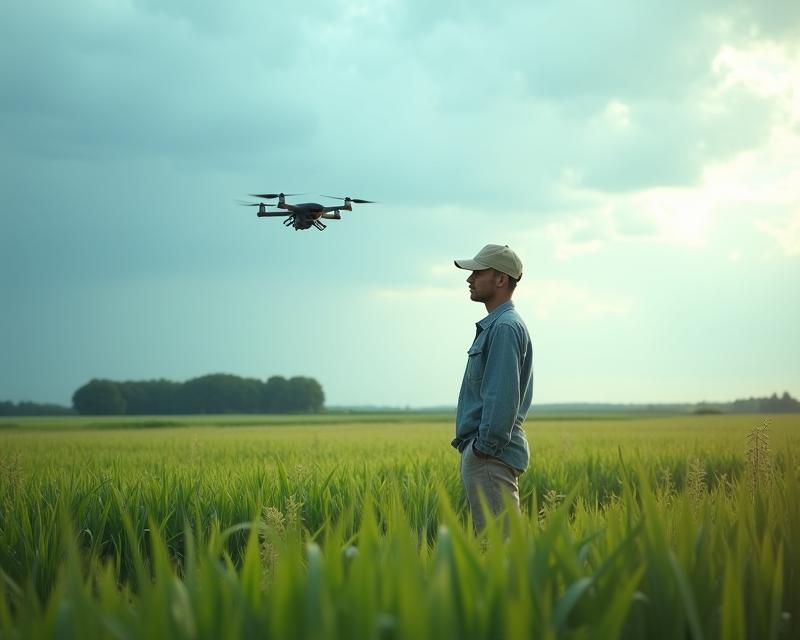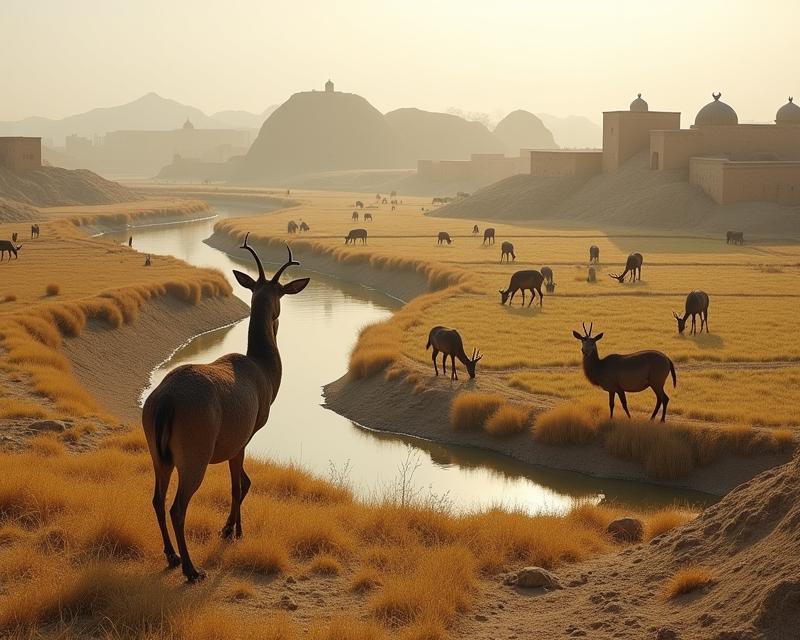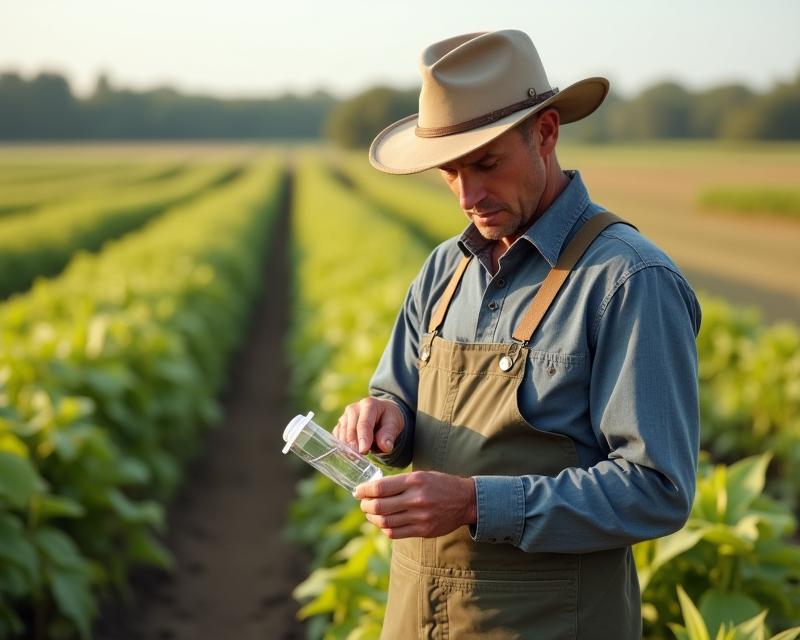Climate Change & Farming: Adapting to a New Reality
Publish in Agriculture el 28/06/2025 22:17
Climate Change & Farming: Adapting to a New Reality
Climate change is no longer a distant threat; it's actively reshaping the world of agriculture. From erratic weather patterns to increased pest pressures, farmers globally are facing unprecedented challenges. Understanding these impacts and adapting farming practices is crucial for ensuring food security and the long-term viability of agricultural communities.

The Impacts are Wide-Ranging
One of the most significant effects is the alteration of rainfall patterns. Some regions are experiencing prolonged droughts, making irrigation essential and straining water resources. Conversely, others are facing increased flooding, damaging crops and eroding topsoil. Rising temperatures also impact crop yields, with many staple crops experiencing reduced productivity at higher heat levels. Furthermore, changes in climate are influencing the distribution of pests and diseases, requiring farmers to adopt more proactive pest management strategies.
Sustainable Solutions for a Changing Climate
Fortunately, farmers are not passive victims. A shift towards sustainable farming practices offers a pathway to resilience. This includes implementing water-efficient irrigation techniques like drip irrigation, adopting no-till farming to improve soil health and reduce erosion, and diversifying crop rotations to enhance resilience to pests and diseases. Agroforestry, integrating trees into farming systems, can also help sequester carbon, improve soil fertility, and provide shade for crops and livestock.
The Role of Technology and Innovation
Technology is playing an increasingly vital role in helping farmers adapt. Precision agriculture, utilizing sensors, drones, and data analytics, allows for targeted application of resources like water and fertilizers, optimizing efficiency and minimizing environmental impact. Developing climate-resilient crop varieties through breeding programs and genetic modification is another key area of innovation. Ultimately, a combination of traditional knowledge and cutting-edge technology will be essential for navigating the challenges of climate change and ensuring a sustainable future for agriculture.





